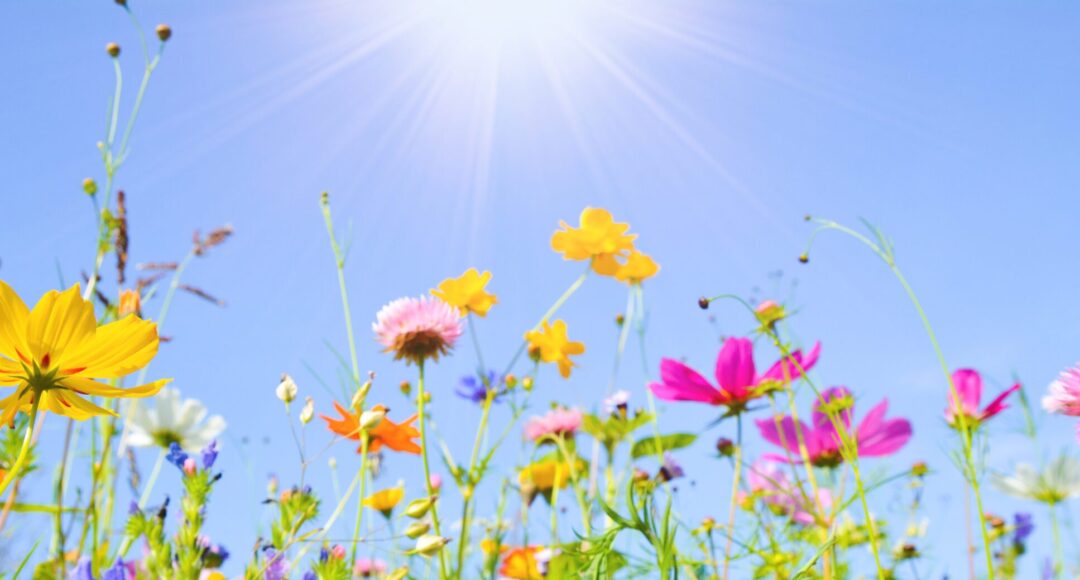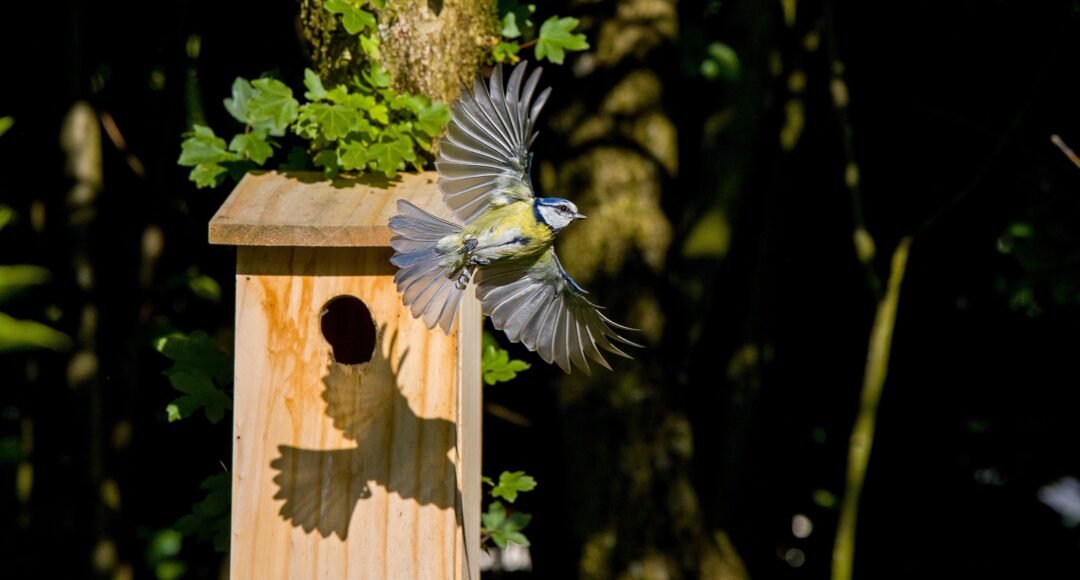Grey to Green
Considering the size of the estate, Conal says, “There is so much potential here for change, if you think about the number of people we can reach who will discover the RSPB though idverde, exploring nature in their backyards and sparking an interest for future generations.” Community engagement is at the heart of the strategy, giving people the tools to design their environments for nature. Conal is eager to “green the grey in our towns and cities”. These nature-based solutions can reach further than providing a stable habitat for wildlife. There are plans to transform an area prone to flooding and antisocial behaviour into a diverse wetland for dragonflies, damselflies and amphibians. By planting willow and alder, the aim is to deter people from inappropriately using vehicles on the land, creating a safer community. In Belfast, a disused alleyway is the potential site of a community garden. We will work closely with the Housing Executive committee network to establish links in these communities. Conal is eager for the RSPB to work with the Education Authority, getting involved in youth groups and sports clubs, and demonstrating the wealth of nature available to younger generations in their local areas, and how they can be part of the solution to preserve it”.
This year will set a benchmark for the future of this unique project, showing the potential impact of this kind of partnership and the benefits for people and wildlife.
To find out more information about RSPB click here.
Photography from RSPB NI


